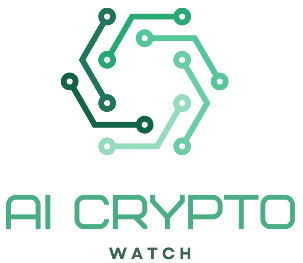Data governance tools help organizations manage governance programs. Specifically, they help with data administration, monitoring, control, reporting, lifecycle management, control, security, and compliance. By leveraging the power of data governance software, organizations can ensure that their data is reliable, consistent, and secure, thus using it for better decision-making.
In this article, we’ll discuss the top data governance tools of 2024 and help you determine which one is the best fit for your business.
Top data governance software comparison
The comparison table below highlights important features, such as the ability to catalog data, track data from origin to destination, improve quality, policy management, and more, allowing you to evaluate and compare your options quickly.
Ataccama ONE: Best unified AI-powered data governance platform across hybrid and cloud environments

Ataccama ONE distinguishes itself as a robust, unified AI-powered data governance tool, ideal for managing governance across both hybrid and cloud environments. This platform excels in automatically calculating data quality and classifying data within a catalog, making it easy for data stewards to prioritize their governance efforts systematically.
Why I choose Ataccama ONE
I chose Ataccama ONE as the best unified AI-powered data governance platform because it stands out for its comprehensive approach to managing data governance across various environments. Its automation capabilities significantly reduce the manual effort required in data management, ensuring higher accuracy and efficiency.
Pricing
- 14-day free trial.
- Pricing starts at $90,000 for 12 months.
Key features
- Data discovery and classification: Automatically calculates and classifies data.
- Automated data profiling: Provides in-depth analysis of data sets to detect duplicates, anomalies, and patterns.
- Automated data quality: Monitors and cleanses data across systems, detects anomalies, and conducts structure checks.
- Centralized reference data management: Establishes a governed process for authoring and distributing reference data organization-wide.
- AI-augmented master data management: Offers a multi-domain MDM solution with AI-powered matching rules and model configurations for faster deployment.
Ataccama One pros and cons
| Hybrid and cloud-ready. | Slow support response. |
| Advanced automation features. | Complex for newcomers. |
| Award-winning platform. | Cumbersome setup. |
| Flexible industry support. |
Collibra Data Governance: Best for its system of engagement for data and AI Governance
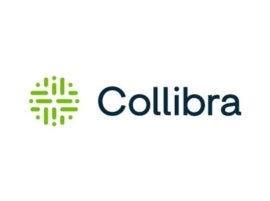
Collibra Data Governance excels as a data governance tool for engaging with data and AI governance, providing a unified location to discover, understand, and define data. The software allows businesses to operationalize data governance workflows and processes, ensuring trusted data delivery across various domains.
Why I choose Collibra Data Governance
I recognize Collibra Data Governance as the best platform for systems of engagement in data and AI governance due to its comprehensive and adaptive approach. It supports organizations in establishing a robust governance framework that scales effectively with their growth.
Pricing
- 12-month subscription to Collibra Data Intelligence Cloud: $170,000.
- 24-month subscription to Collibra Data Intelligence Cloud: $340,000.
- 36-month subscription to Collibra Data Intelligence Cloud: $510,000.
Key features
- Adaptive data governance: Scales with your organization to streamline governance processes.
- Comprehensive business glossary: Establishes a common terminology to ensure uniform understanding across the company.
- Stewardship management: Facilitates data stewardship by assigning clear roles and responsibilities for data protection and improvement.
- Centralized policy management: Aids in creating, reviewing, and updating data policies to maintain compliance and adoption.
- AI governance: Enhances AI model effectiveness and reduces data risks through robust cataloging and validation processes.
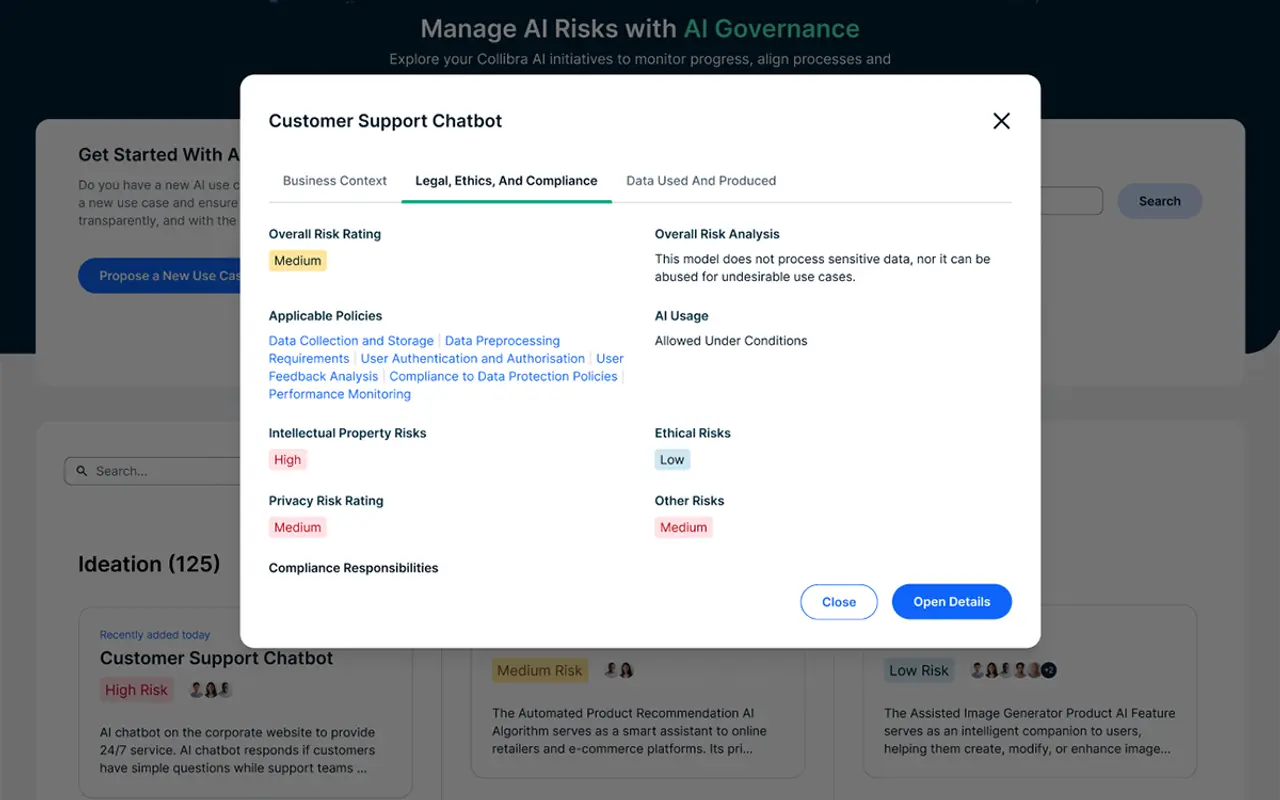
Collibra pros and cons
| Scalable AI governance. | Weak search functionality. |
| Detailed business glossary. | Slow product updates. |
| Enhanced compliance management. | Outdated user interface. |
| Google Vertex AI integration. | Challenging for non-tech users. |
| Broad partner ecosystem. | |
| Google Cloud award winner. |
IBM Cloud PAK for Data: Best for providing a unified, trusted view of business data
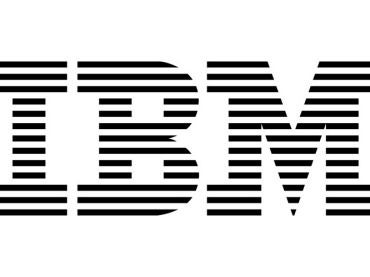
IBM Cloud Pak for Data stands out for organizations looking to achieve a unified and trusted view of their business data. This data governance platform was recognized as a leader in the 2024 Gartner Magic Quadrant for Augmented Data Quality Solutions, highlighting its excellence in data management and governance. IBM recently acquired Manta Software Inc., a data lineage platform, enhancing its data lineage and AI governance capabilities
Why I choose IBM Cloud Pak for Data
I chose IBM Cloud Pak for Data as the best platform for providing a unified and trusted view of business data due to its comprehensive integration of data management tools and cutting-edge AI capabilities. Its strengths in enhancing data quality, ensuring privacy and compliance, and simplifying complex data landscapes make it an invaluable resource for enterprises seeking to optimize their data governance practices.
For more information, read the in-depth IBM Data Governance tools review.
Pricing
- Pricing for the IBM data governance solution isn’t listed on IBM’s website.
- Publicly available data on AWS Marketplace shows the pricing of IBM Cloud Pak for Data, which is the parent product for the data governance solution:
- Cloud Pak for Data Standard Option: 48 VPCs cost $18,720 per month and $224,640 for 12 months.
- Cloud Pak for Data Enterprise Option: 72 VPCs cost $56,016 per month and $672,192 for 12 months.
Key features
- Data quality management: Analyze and enhance data quality using AI-driven rules and visual analytics.
- Data privacy and compliance: Dynamically identify sensitive data and enforce protection rules to mitigate regulatory risks.
- Data catalog: Simplify data management with extensive metadata management capabilities and lifecycle management of data products.
- Policy and rules management: Streamline policy management with integrated workflows.
- Advanced data discovery: Leverage IBM Watson to intelligently recommend relevant data assets.
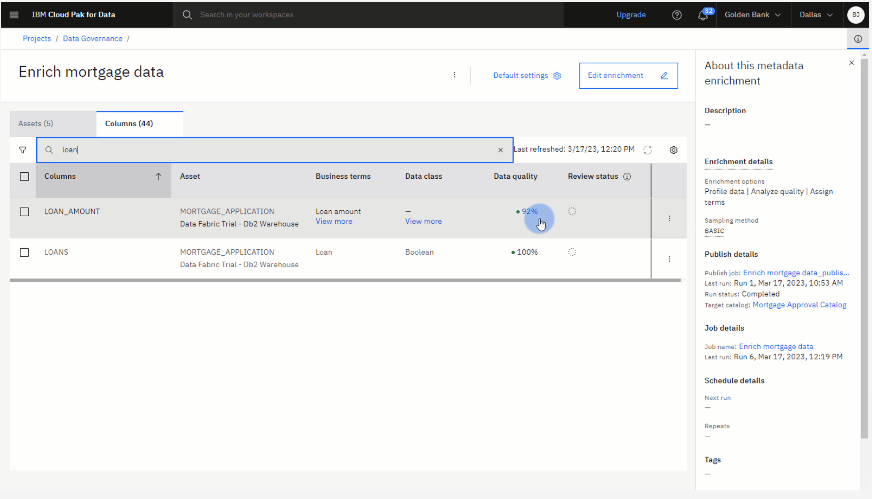
IBM pros and cons
| Unified governance platform. | Inadequate documentation. |
| Focus on data quality. | Lacking deployment details. |
| Advanced AI capabilities. | Needs better usability. |
| Comprehensive governance tools. | Slow customer support. |
| Gartner-recognized leadership. |
erwin by Quest: Best for an automated, holistic approach to data management and governance
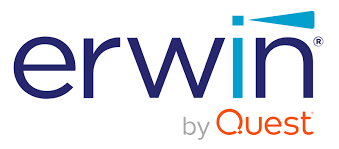
erwin by Quest provides comprehensive solutions for enterprise modeling, data intelligence, and data governance. It equips IT and governance teams and all data users with the tools necessary for a fully automated, holistic approach to data management. This data governance platform delivers meaningful insights, mitigates risks, and drives business transformation by ensuring data assets are well-governed, high-value, and trusted.
Why I choose erwin by Quest
I selected erwin by Quest as the best platform for an automated, holistic approach to data management and governance due to its extensive suite of tools that empower organizations to maximize the business impact of their data. Its data modeling, cataloging, quality, literacy, and marketplace integration capabilities make it an indispensable asset for organizations seeking to transform business processes and decision-making through data-driven insights.
Pricing
- erwin by Quest doesn’t advertise pricing on its websites.
- Interested buyers must request pricing, a custom quote, or a demo.
Key features
- Data modeling: Utilizes the erwin Data Modeler to design, visualize, and deploy data assets, enhancing consistency and clarity.
- Data catalog: Provides automated metadata management, enriching and activating metadata to speed up data pipeline delivery.
- Data quality: Features automation tools for data profiling and quality assessment.
- Data literacy: Boosts data discovery and collaboration with tools that enhance data understanding and stewardship across the organization.
- Data marketplace: Offers a consumer-like shopping experience for enterprise data.

erwin pros and cons
| Integrated suite capabilities. | Issues with large datasets. |
| Enhances data literacy. | Non-intuitive interface. |
| Streamlines data management. | Slow support response. |
| Quick data discovery. | Inadequate documentation. |
| Improved data visibility. |
Precisely Data360 Govern: Best for centrally managing master data using a master data management layer
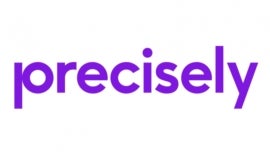
As an integral part of Precisely Data Integrity Suite, Precisely Data360 Govern specializes in master data management to ensure that data is not only accessible but also trusted and understandable. This data governance tool stands out for its robust enterprise data governance, cataloging, and metadata management capabilities, which are critical for quick, informed decisions and achieving optimal business outcomes.
Why I choose Precisely Data360 Govern
I settled on Precisely Data360 Govern as the best tool for centrally managing master data due to its comprehensive approach to data governance, which integrates an automated master data management layer. Its capabilities enable organizations to maintain the high data integrity and trust necessary for reliable business analytics and outcomes.
Pricing
- Interested buyers are required to request a demo.
- A custom quote is generated afterward based on their needs.
Key features
- Data policy documentation: Records and manages data policies and their relationships to actual data assets.
- Data catalog: Harvests and makes metadata searchable, simplifying the management of both business and technical data.
- Business glossary: Provides clear definitions and contexts for data.
- Data stewardship: Assigns clear ownership and accountability for data assets through defined roles and responsibilities.
- Metrics and scoring: Offers data quality scores and governance metrics to evaluate and improve data handling.
- Advanced profiling: Delivers detailed insights into key data attributes for all types of data.
- Data detection and tagging: Uses AI to automatically categorize and relate data, enhancing data accuracy and utility.

Precisely pros and cons
| Enhances decision-making. | Inadequate documentation. |
| Links goals to data impact. | Lacks deployment details. |
| Customizable implementation tools. | Needs better usability. |
| Automates data tasks. | Slow support response. |
| Improves data literacy. |
Key features
- Extensive metadata management: Automates the linkage of metadata with business contexts for a holistic, transparent view.
- Data quality and observability: Offers tools to view profiling statistics and monitor data quality scorecards.
- Governed data sharing: Ensures safe data access across the organization through policy-based controls in a governed marketplace.
- CLAIRE AI-powered intelligence: Uses its AI module to simplify governance processes and accelerate the delivery of trusted data.
- Cloud data governance and catalog: Provides a flexible, scalable platform for managing data governance needs in the cloud.
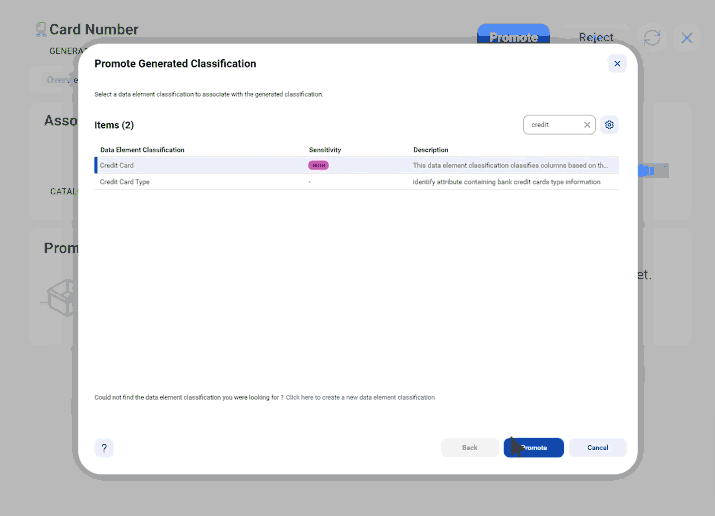
Informatica pros and cons
| Award-winning data management. | Complex cloud migration. |
| Enhances data reliability. | Incomplete asset discovery. |
| Accelerates decision-making. | Cumbersome data loading. |
| AI-driven process automation. | Inadequate documentation. |
| Secure data access. | Needs better usability. |
Key features
- Data access governance: Identifies and remedies overly permissive access, securing sensitive data.
- Data discovery and classification: Scans, classifies, and controls data across your entire data estate with field- and file-level depth.
- Data retention and deletion: Automates the retention and deletion of data based on its context and content.
- Data risk mitigation: Ensures data is appropriately protected through rigorous security measures.
- Data Security Posture Management (DSPM): Extends protection to data in the cloud and beyond, bolstering the overall security posture.
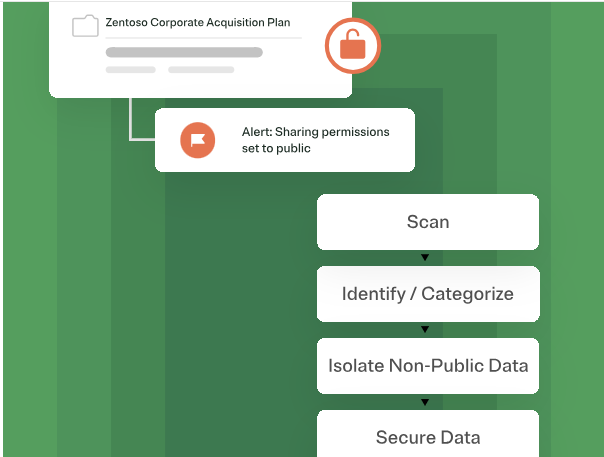
OneTrust pros and cons
| Precise data scanning. | Complex deployment. |
| Extensive connector coverage. | Limiting cloud-based nature. |
| Award-winning platform. | Slow support response. |
| Streamlines governance workflows. | |
| Enhances data security. |
How to select a data governance tool
While every organization has unique governance requirements, there are essential features that are universally beneficial:
- Data cataloging
- Data lineage
- Data quality management
- Policy management
- Business glossaries
- Automated classification
Methodology
We conducted extensive research and current market offerings to narrow our list to these seven. We considered factors such as data cataloging, quality management, policy management, automated/AI classification, business glossaries, and ease of use. We also analyzed pricing information to ensure the chosen software solutions provide value to businesses of all sizes.
Our primary sources were the vendor websites. Where available, we signed up for free trials and demos to test the products. For customer sentiment, we reviewed dozens of verified customer reviews at reputable software review sites online.
